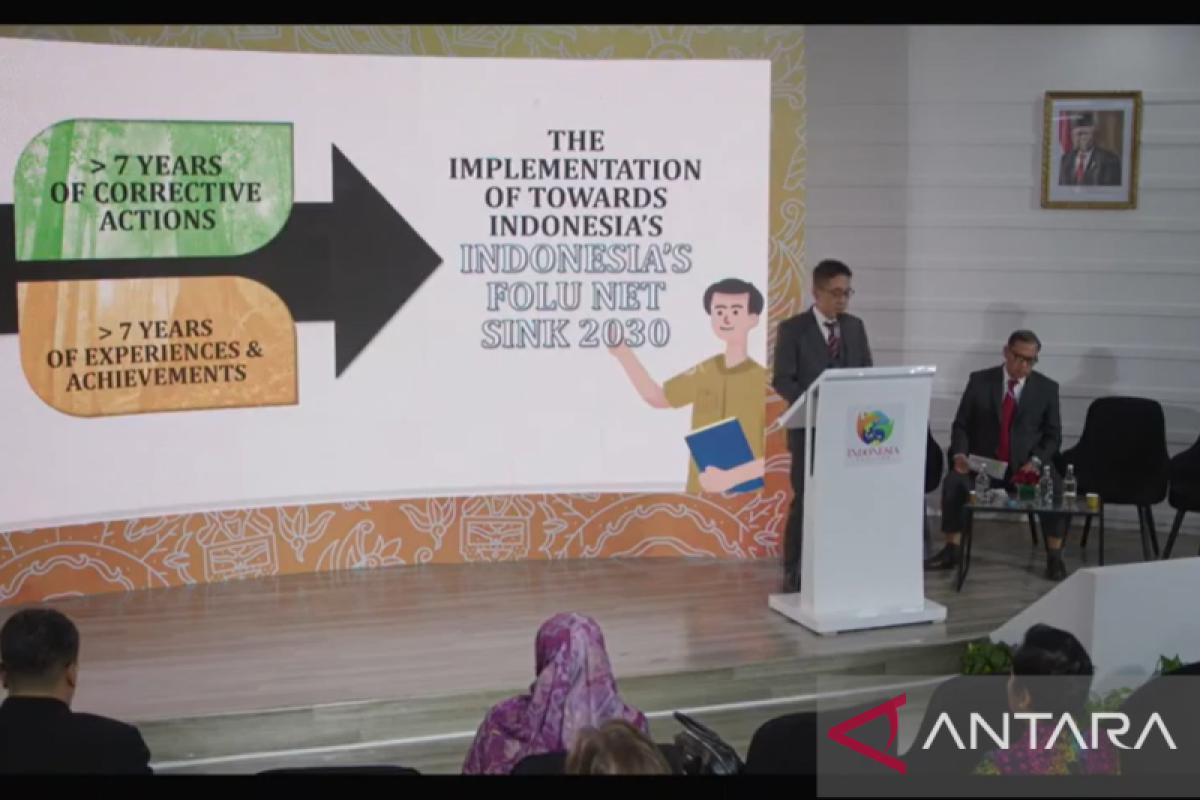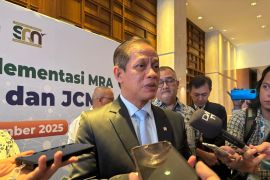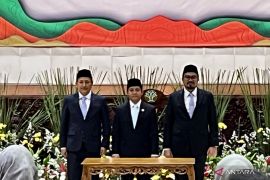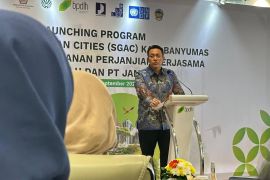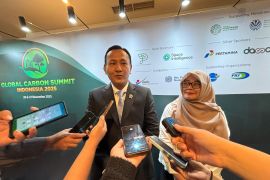Indonesia is seeking to reach a condition wherein the absorption of greenhouse gas emissions in the forestry and other land use sector is equal to or exceeds the emission level by 2030, an official from the Environment and Forestry Ministry, Agus Justianto, said.
The ministry has prepared several strategies to achieve FoLU Net Sink to reach greenhouse gas emissions of minus 140 million tons of CO2 equivalent by 2030, he informed in a statement issued on Wednesday.
The strategies comprise deforestation reduction, sustainable forest conservation and management, peatland and mangrove protection and restoration, he said during a discussion at the COP 27 Indonesia Pavilion in Egypt on Tuesday local time.
They also include increasing the absorption of greenhouse gas emissions through afforestation and reforestation, he said.
The government has created a consistent policy to reduce deforestation. As a result, the deforestation rate has continued to decline over the past several years.
From 2020 to 2021, the deforestation rate was recorded at 113.5 thousand hectares, a decline from 115.5 thousand hectares the previous year.
Related news: Indonesia seeks various funding strategies for 2030 FoLU Net Sink
Deforestation reduction can also be achieved by controlling forest and land fires. This can be realized by changing the forest and land management paradigm from mitigation to prevention.
Conservation and forest management policies have also continued to be strengthened to improve greenhouse gas emission absorption.
They include multi-business forestry development wherein forest utilization does not only focus on wood usage but also non-wood products and environmental services.
"The public is also playing an important role in sustainable forest management through the social forestry scheme," Justianto informed.
Director general of climate change handling at the ministry, Laksmi Dhewanthi, informed that the government has developed carbon economic value schemes to support the FoLU Net Sink and other climate targets described in the Nationally Determined Contributions document.
The carbon economic value policy has been stipulated in Presidential Regulation No. 98 of 2021 on implementing carbon economic value to achieve the Nationally Determined Contribution target and greenhouse gas emission handling for national development.
"Based on this policy, there will be four carbon economic value schemes," she informed.
The four schemes comprise carbon trade, including greenhouse gas emission and offset emission trade, result-based payment, carbon tax, and other mechanisms based on scientific development.
Related news: Indonesia, Britain cooperate to support FoLU Net Sink 2030 achievement
Related news: Ministry, university discuss FoLU Net Sink 2030 policy
Translator: Prisca T V, Fadhli Ruhman
Editor: Suharto
Copyright © ANTARA 2022
